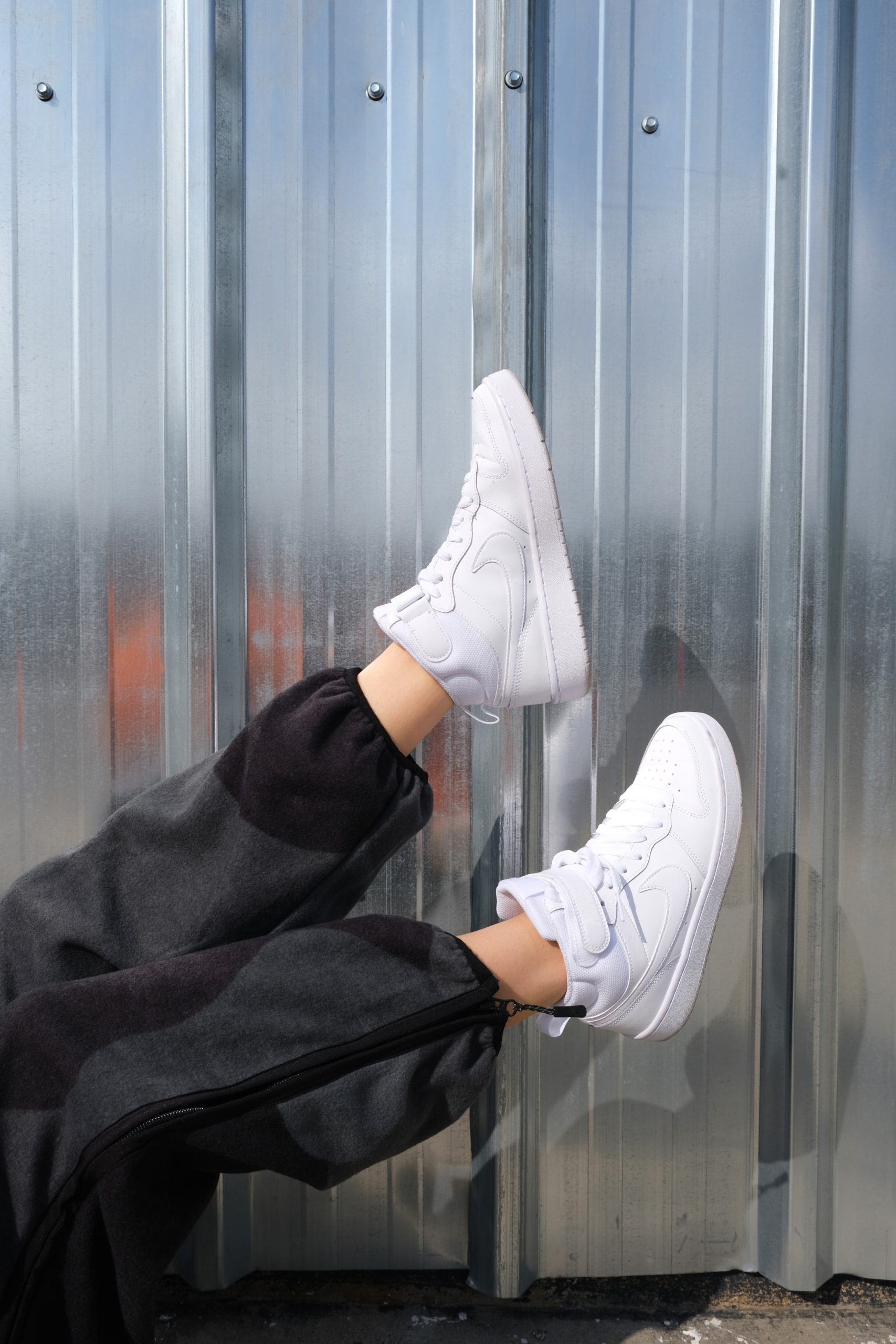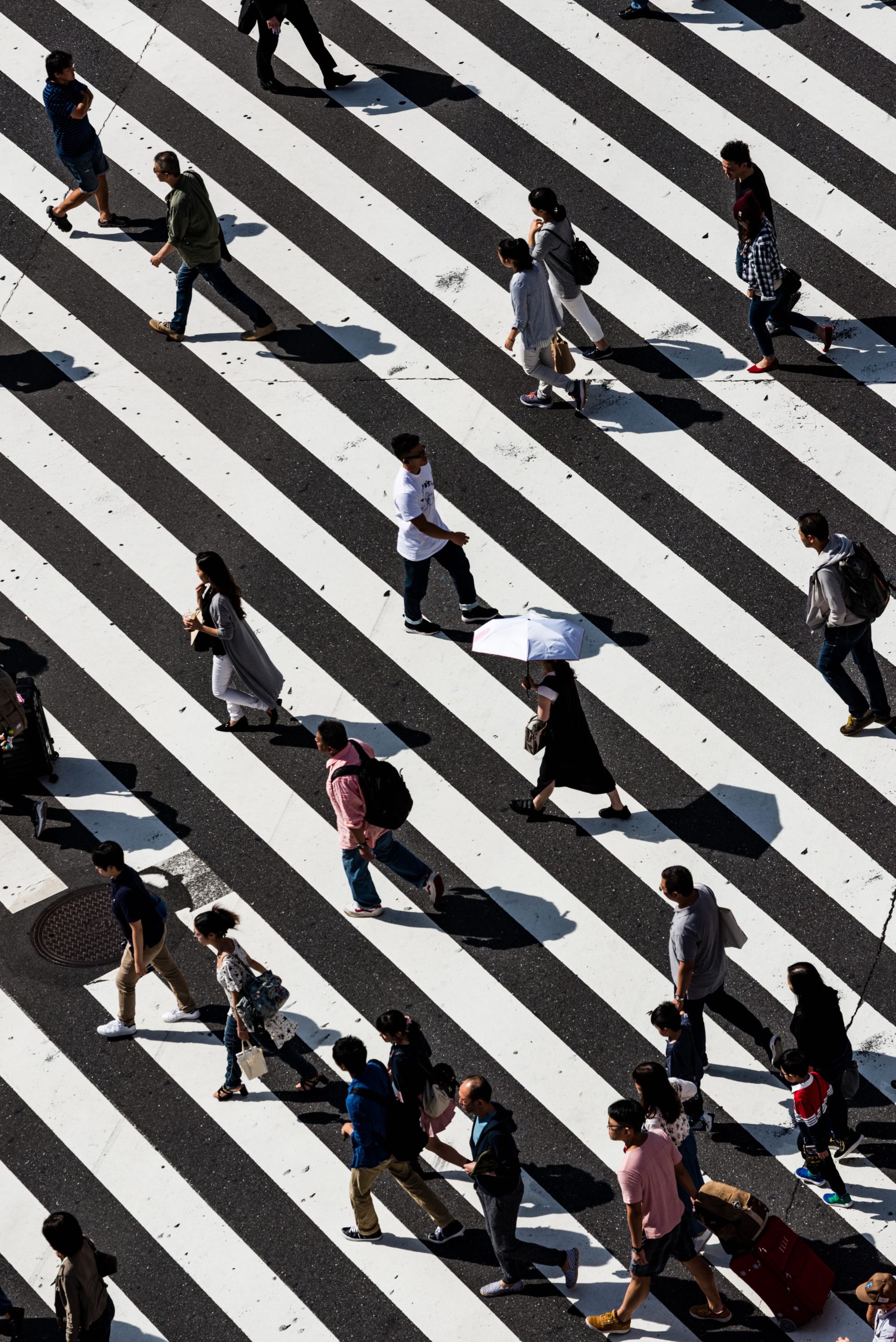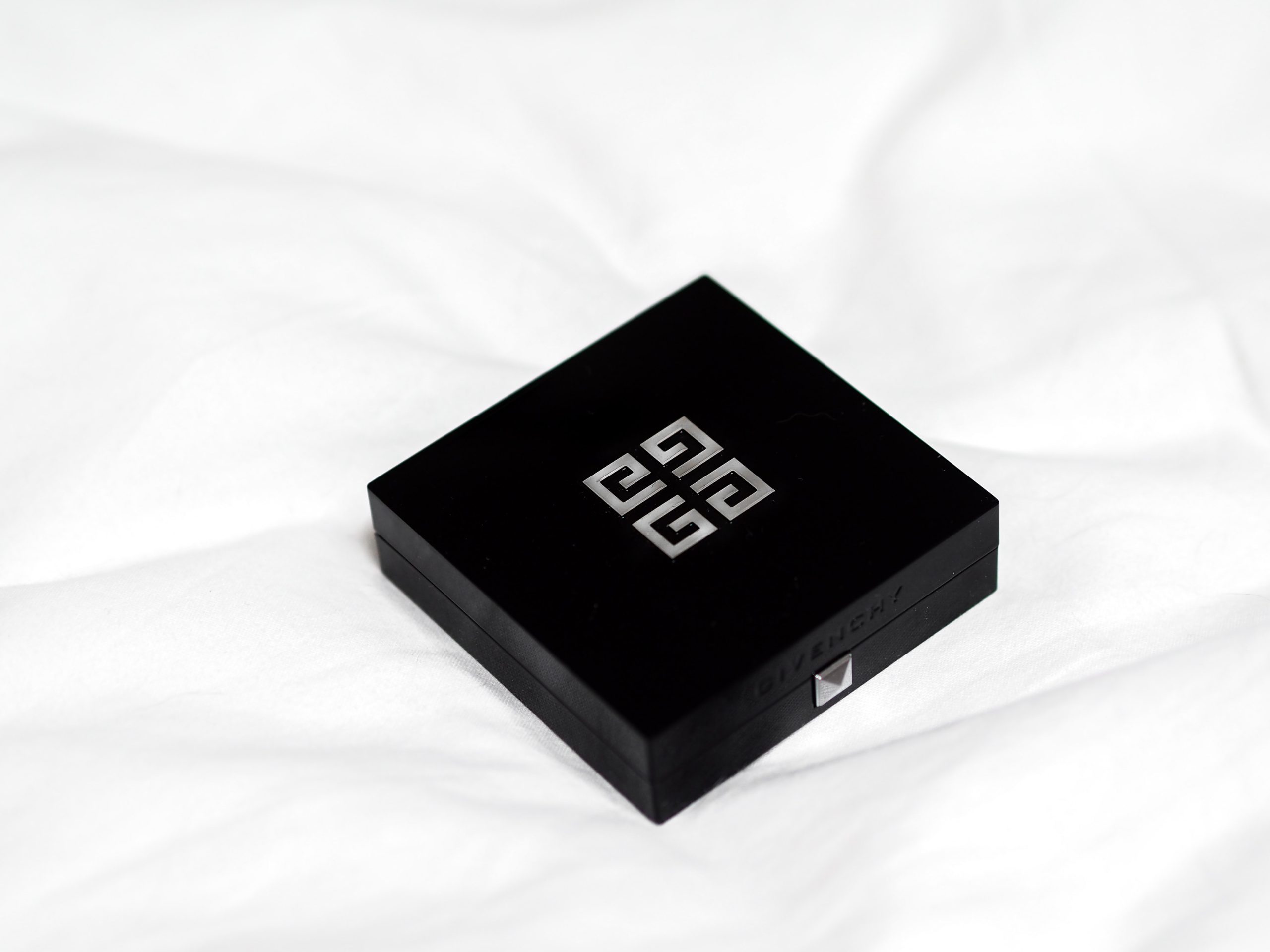The 2000s are right now’s fashion moment. As the industry is abruptly forced to reflect on itself, it must emerge from the pandemic in a direction that innovates Y2K modes with contemporary creativity.
Innovation or Reiteration?


The 2000s are right now’s fashion moment. As the industry is abruptly forced to reflect on itself, it must emerge from the pandemic in a direction that innovates Y2K modes with contemporary creativity.

Comfortable and cute seem like the last words you would use to describe a pair of sweatpants, right? You would be surprised. Loungewear has been one of the biggest trends for the past year, and people are finding the most creative ways to be comfy.

The tug-of-war between wanting to dress in traditional feminine attire and desiring the same respect their male colleagues gain from wearing suits is a battle that has been fought since the days of Joan of Arc.

We all want to fit into a mold. Surely, we display our individuality with the pieces we choose to wear, but no one can deny that trends, potential compliments and self-esteem influence our style. The concept of self-esteem, however, has dramatically shifted since the start of quarantine.

A few months ago, Givenchy announced their new creative director, Matthew Williams. He took over the world-renowned French fashion house when ex-creative director Clare Waight Keller stepped down in April 2020.

Renata is a UNC-Chapel Hill alumni who graduated with a B.A. in Public Relations and Political Science in 2019. She has worked for Oscar de la Renta, Tibi and LaFORCE. She currently lives and works in New York City as a production coordinator at Coach.
In life, you can either be a minimalist or a maximalist.
Here’s my conversation with one-half of Fashion For All, Ali Richmond, on Blackness, fashion and America’s racial complex
The reasoning behind Wintour’s sudden sympathy for Black people is allegorical to what some claim is the bedrock of fashion: trend.